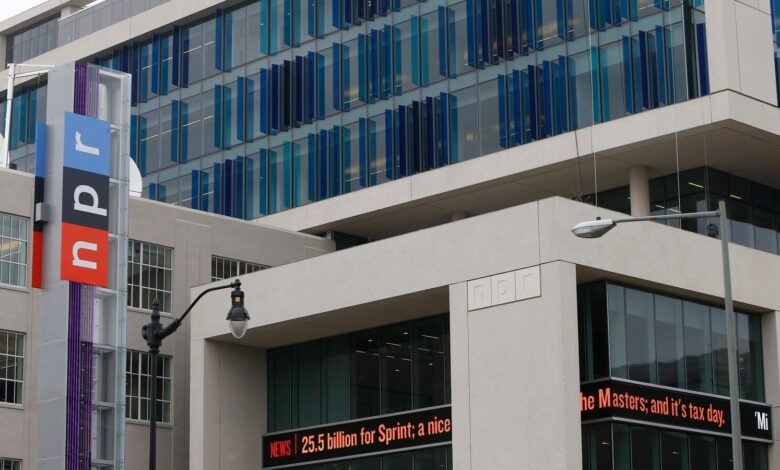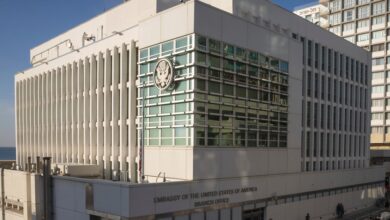NPR sues Trump administration over executive order to cut funding to public media

In a bold move to defend their First Amendment rights, National Public Radio (NPR) and three local stations have taken legal action against President Donald Trump. The lawsuit, filed in federal court in Washington, challenges Trump’s executive order aimed at cutting federal funding for NPR and PBS.
The lawsuit, brought forth by NPR, Colorado Public Radio, Aspen Public Radio, and KUTE, Inc., argues that Trump’s executive order violates the First Amendment by targeting public subsidies for the news organizations. The order, issued by Trump earlier this month, directs the Corporation for Public Broadcasting and other federal agencies to stop providing federal funding to NPR and PBS. It also requires these agencies to identify and eliminate indirect sources of public financing for the broadcasters.
According to the lawsuit, the executive order is a clear attempt to punish NPR for its news content and programming that the President disapproves of. The lawsuit alleges that the order is a form of retaliation and viewpoint-based discrimination that infringes upon NPR’s and the local stations’ freedom of speech and editorial discretion.
The lawsuit argues that the executive order interferes with NPR’s ability to freely exercise its First Amendment rights and undermines the organization’s editorial independence. By targeting public funding for NPR and PBS, the order threatens the ability of these news organizations to provide unbiased and critical journalism to the public.
NPR and the local stations are seeking to overturn the executive order and protect their constitutional rights to free speech and press freedom. The lawsuit represents a crucial defense of the First Amendment principles that are essential to a free and independent press.
In a time when media organizations are facing increasing threats to their independence and credibility, NPR’s legal action sends a strong message that attempts to silence or undermine the press will not be tolerated. The outcome of this lawsuit will have far-reaching implications for the future of public broadcasting and the protection of free speech in the United States.





